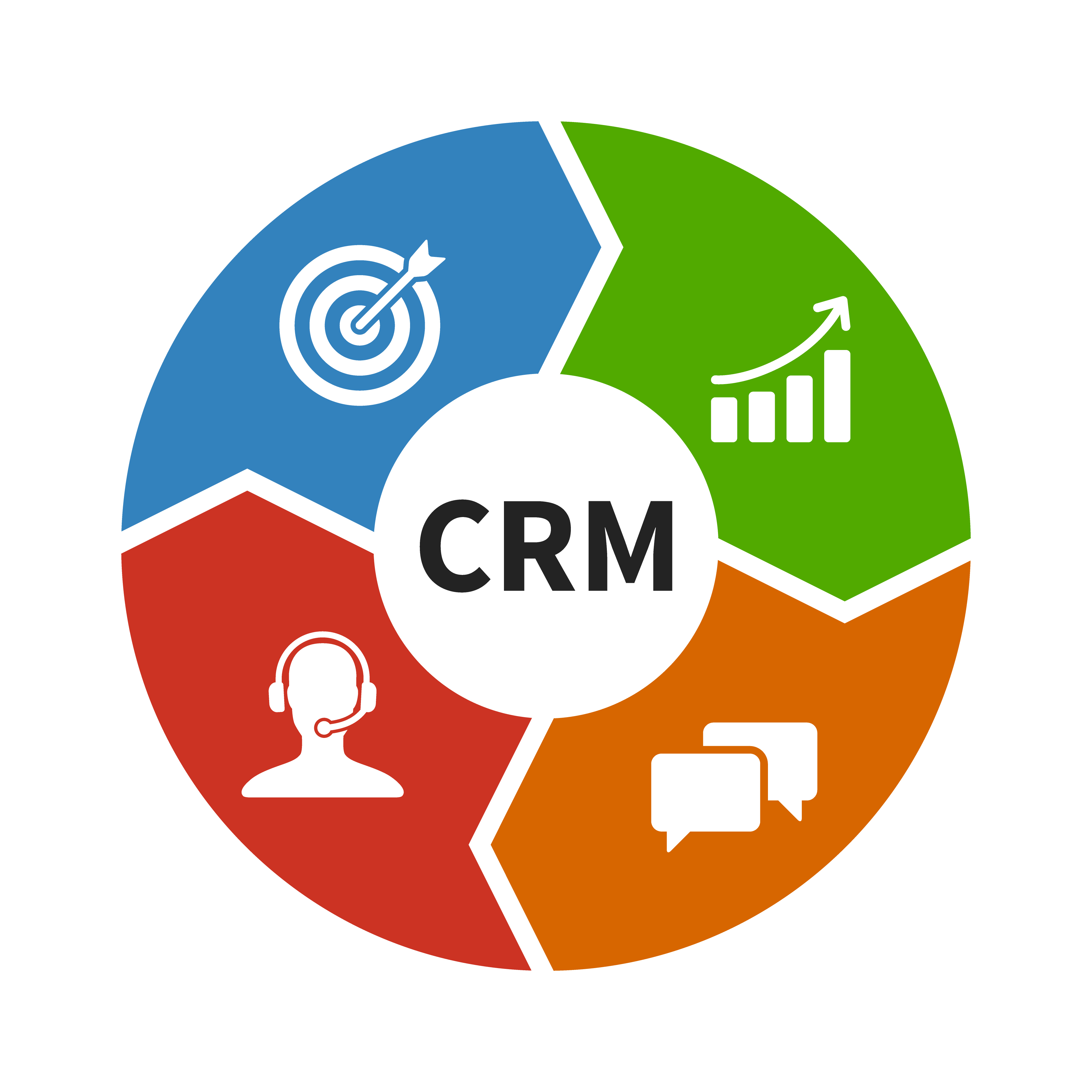The Importance of CRM in Your Business
No matter what size your business is, the importance of a Customer Relationship Management (CRM) system should not be underestimated. Over time it will become your greatest asset for delivering more sales.
When you decide to start a business I would like to think that you are doing it because, not only are you passionate about it, but that you have done your homework and found a niche in the market where customers will come and buy your products or services.
So surely the first thing you do is start to plan a sales and marketing campaign and target your likely customers and build a customer database. Whilst a spreadsheet may be effective just to get you going, depending upon what you are selling, this can very quickly turn from 30 or 40 customers to hundreds in a very short period of time.
So you suddenly go from knowing who your customers are to just a list of contacts who do business with you through the year.
This is where CRM is most valuable to growing businesses because it gives you back the control and knowledge of your customers, no matter how many customers your have, so you can continue to treat them as personally as when you did that first deal.
An effective CRM system means you capture the details of each customer from their personal details (with full GDPR compliancy) to how they found you, what they bought, the value, when they bought, how they use your product/service and so on. This also gives your customer the feeling that you understand their needs and show a degree of care which in turn delivers a great customer experience. This customer experience will hopefully develop into customer loyalty which will help to generate referrals for your business.
But CRM is a valuable across your departments. It should not just be siloed in sales and marketing but be accessible across the business e.g Customer Support teams can effectively manage after sales issues. Operations can track supply chain and Finance teams can view sales forecasts and values.
When a customer contacts your business, generally because there is a problem, no matter who picks up the call, a quick look at the CRM will identify the full history of that customer so any issue can be dealt with efficiently hopefully leaving the customer happy with the outcome. An unhappy customer wants to have a quick resolution to their problem, no automated “press 1 for…2 for…Sorry but…etc.”, just someone to talk to.
Your CRM database is the backbone of your business and is a valuable asset in its own right. It should follow the workflow of how your company does business e.g. is it all managed internally or is there external access required from a field sales force?
If you are currently working from a spreadsheet, it’s time to get your data centralised into a CRM. To maximise the benefits of your CRM, the solution should follow your particular business workflow and have stakeholder input from all who will be using it. If you buy CRM solutions online like Zoho, Hubspot Capsule or SalesForce they will be filled with features that you will probably not use or need. So start with what you need and make it work, adding more features as your business requires it.
So the choice of CRM depends upon how your business operates so if there isn’t a package out there that solves this, then it is often better to have your own, customised database. The difference in investment is that the packages are proprietary and the monthly cost can increase dramatically depending on what extra features you require whereas a customised solution is yours to own and over time will be a better investment.
I am working with Business Equip who have developed a customised CRM solution which you can view here.
Of course, if you want some further help with setting up your CRM or you want to get your team to use your existing CRM more efficiently, give me a call on 07786 228553 or email me at [email protected]

